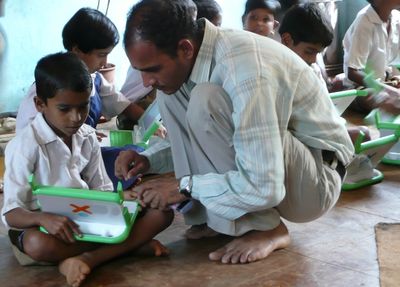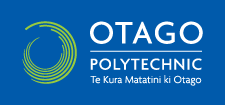Permission to teach
| “ | Teaching is not a lost art, but the regard for it is a lost tradition. | ” |
| —Jacques Barzun, 1945 | ||
- In the sciences, pre-knowledge is a conceptual building block for understanding new concepts. For example, the order of operations is pre-requisite knowledge to solving algebraic equations. For example, learners need to know that when an addition expression is located inside brackets it must be evaluated prior to the evaluation of a multiplication expression located outside of the brackets.
- The literature review is an important step in the research process to review the critical points of current knowledge including substantive findings as well as theoretical and methodological contributions to a particular topic.
- Educators regularly rely on copyrighted materials in their teaching. For example, in advertising and marketing courses it would not be possible to teach effectively without access to published media and advertising.
While the general copyright exceptions and limitations may provide some relief for educators to legally use copyrighted materials which is all rights reserved in their teaching under fair usage or fair dealing, very often this is not enough.
What permissions do you consider fair and reasonable?
| Open survey
In this activity, we ask you to share your personal thoughts and opinions about what permissions you would consider fair and reasonable in a teaching and learning context divorced from existing copyright law and intellectual property restrictions. This is an anonymous survey to gauge current knowledge and personal views about intellectual property rights and copyright in education. As educators we believe that it is better to start with a reflection on the permissions we feel are acceptable before grappling with the complexities of intellectual property rights. We will post and share aggregated results of the survey for course participants.
|


